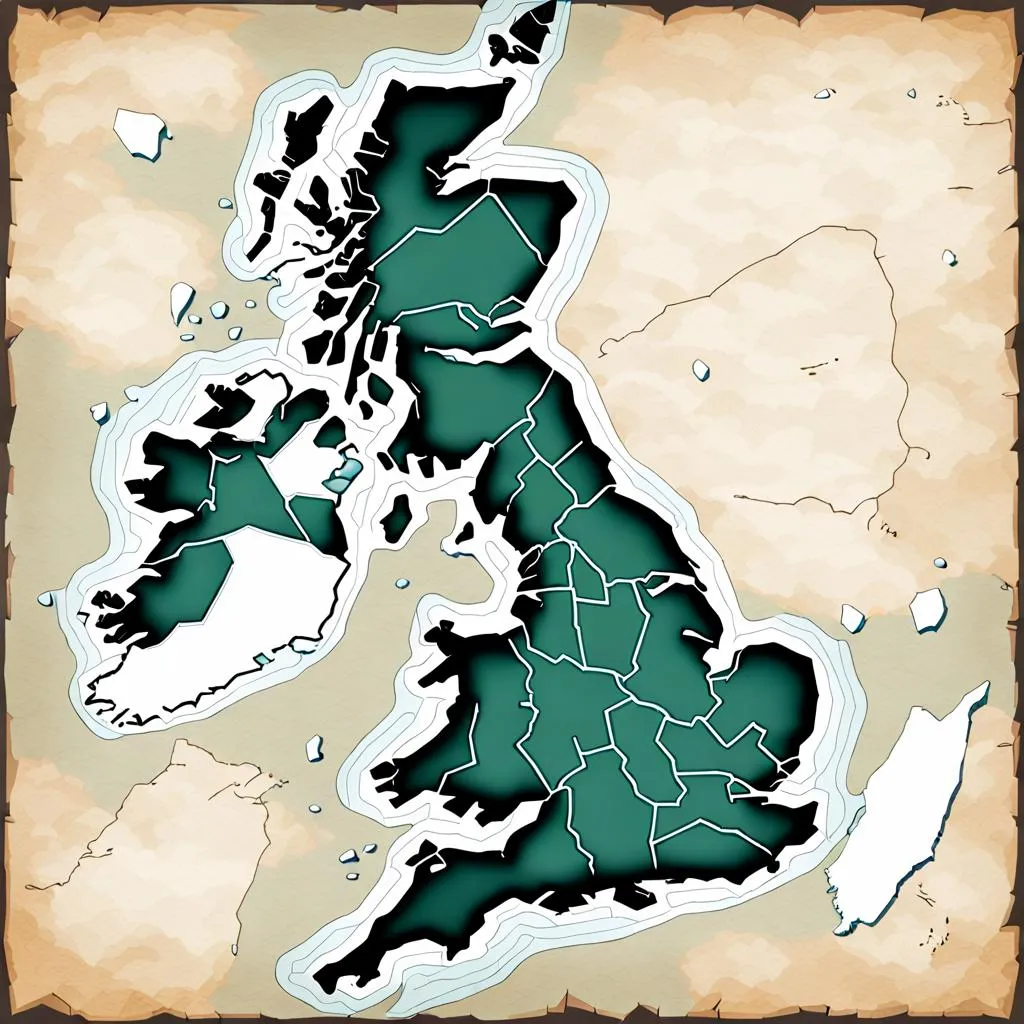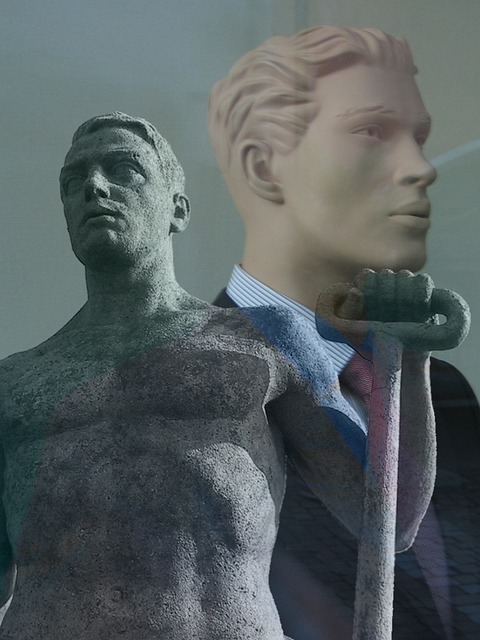
Imagine someone holding a glass window, he is standing outside on a pavement while holding this transparent glass, then suddenly he violently throws it onto the ground smashing into innumerable shards. That is an apt analogy of postmodern society—a fractured society.
Each glass shard represents antagonistic special interest partisan groups contradicting one another. A plurality of competing groups, perspectives and identities each with differing goals competing for power and influence, creating a sense of chaos and instability within the same society.
The reestablishment of tribal strife in Britain
Compared to today, the Britain of the past was noticeably less plural and more singular in the sense that it was monocultural, monoethnic and had a more rigid class system—with clear social hierarchies and limited mobility between classes—especially under feudalism. But ever since the advent of liberalism and industrial capitalism gradually building up to today in postmodernity, we see a kaleidoscopic blooming of plurality, and with it political, ideological, religious and ideological tribalism. And what opposing tribes may these be you may ask? We have brexiteers and remainers, labourites and conservatives, vaxxers and anti-vaxxers, monarchists and republicans, pro-life and pro-choice advocates e.g.
However, to say that postmodern society is marked by a fractured landscape of composed of only opposing political affiliations is wrong. It also extends out to subcultures such as goths and chavs. The goth subculture is identified with its dark clothing, heavy makeup, and alternative music, while the chav subculture is associated with flashy, casual clothing, and mainstream pop music. The members of these subcultures often possess differing attitudes, values, and lifestyles, and may even hold negative stereotypes about one another.
Before the internet we had fewer major newspapers and TV channels shaping public discourse. Now in the digital age we have a plethora of competing media channels that challenge the dominance of the old gang media outlets such as the BBC. For example, The Canary, Novara Media, and Byline Times are online news sources that offer a more left-leaning perspective, while Spiked Online and Guido Fawkes provide a more right-wing view. Similarly, TV channels such as Al Jazeera and Russia Today offer a non-Western perspective on global events.
The proliferation of social media platforms, such as Facebook, Twitter, Instagram, and other communication technologies, has amplified this fragmentation by giving rise to echo chambers. These digital spaces allow individuals to interact exclusively with those who share their beliefs and values, from the comfort of their own homes, further isolating them from opposing viewpoints. And since they are inhabiting this bubble, people may be less likely to seek out alternative perspectives or engage in constructive dialogue with those who hold different views.
In the past, there were fewer fictional stories available to the public and those that were available tended to reflect the dominant cultural values of the time. Today, there is a wide range of fictional stories available, from classic literature to modern popular fiction, which represent diverse perspectives and worldviews. In addition, the rise of fanfiction and other forms of user-generated content has allowed for even more diverse and often subversive takes on popular narratives. And it’s all thanks to modern industrial capitalism and its drive for profit, culture has become a marketable commodity to be sold to paying customers. With this advent, a wide range of cultural products— books to movies to music—have become available to the rational consumer who can choose to consume media and entertainment that aligns with their own unique identities and interests, rather than being limited to a single, dominant cultural narrative compared to the past. Fans of cultural phenomena such as Marvel movies and comic books, Harry Potter, and Game of Thrones have formed distinct subcultures, each with its own unique values, beliefs, and identity markers. These “fan tribes” are defined by shared interests and fandom, and provide individuals with a sense of belonging and community. In this way, the proliferation of cultural products and consumer tribes has led to a fragmentation of traditional cultural identity, contributing to the postmodern condition.
This postmodernity of course is not only isolated to modern Britain, but to the rest of the world, But from my perspective in looking at modern Britain, we can see that the trajectory our postmodern society is already playing out like a moving picture. The Brexit vote in 2016 revealed a deeply fractured society with competing visions of the future, and the rise of populist movements across Europe is evidence of the continued fragmentation of political and cultural identity.
If this trajectory continues, it’s possible that we could see even more extreme polarization and fragmentation in the future. The growth of identity politics and the emphasis on individualism over collective values could lead to a society where different groups and subcultures are increasingly isolated from one another with little common ground or shared values.

